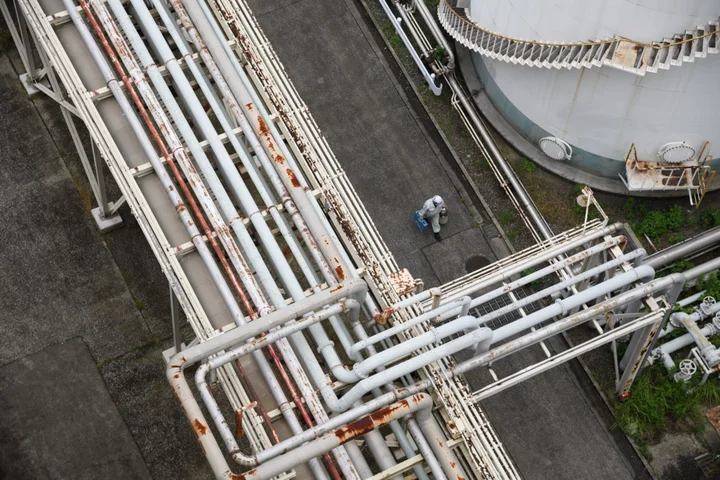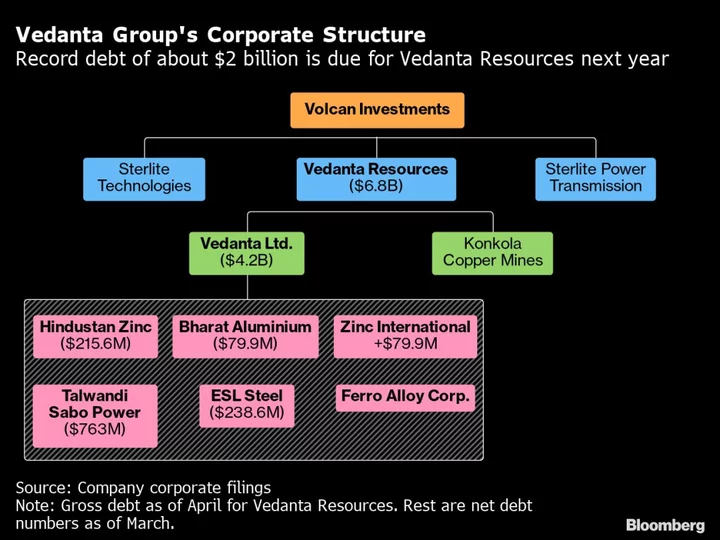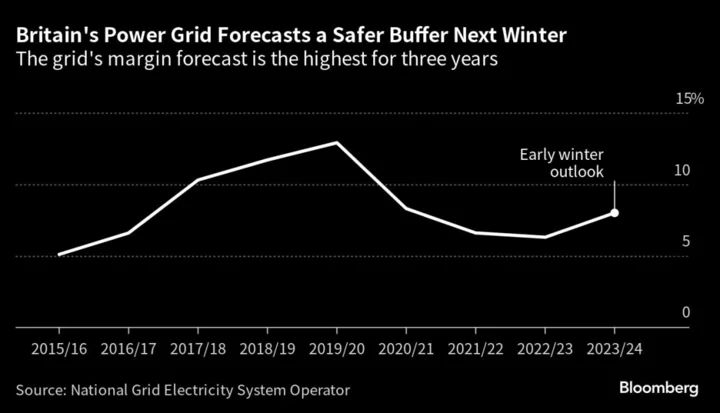The UK government is poised to rip up environmental rules inherited from the European Union to protect Britain’s waterways in a bid to boost housebuilding, according to two reports in the UK press.
The Guardian and the Financial Times wrote that ministers plan to end so-called “nutrient-neutrality” regulations that prohibit builders developing in areas where polluted soil run-off has left the water in poor condition. The stories appear to confirm a Bloomberg article from last month.
The Home Builders Federation has argued that the EU rule, which dates from 2018, can cost £25,000 ($31,520) per home in remediation and has prevented the construction of 120,000 homes. The government last month pledged to meet its manifesto commitment of building 1 million homes over this parliament and is likely to pitch the nutrient neutrality over-rule as a Brexit freedom.
Labour has turned the government’s poor record on housing — it has abandoned its target to build 300,000 a year — into an electoral advantage. The Conservatives have lost two seats in three by-elections this year and now face another potentially embarrassing challenge in Mid-Bedfordshire after former Culture Secretary Nadine Dorries stepped down at the weekend.
However, the decision to allow more pollutants to pour into Britain’s rivers will only add to concerns about the government’s green agenda. It is retreating on plans to make landlords insulate their properties and has opposed traffic easing measures since London’s expanded ultra-low emission zone became an electoral albatross last month. Sewage run-offs into the seas and rivers by private water companies have also become a political lightning rod.
The 2018 European Court of Justice ruling makes it unlawful to release nutrients — such as nitrates and phosphates found in wastewater or sewage — into protected sites already in an “unfavorable” condition. Builders allege that Natural England, the public body mandated with protecting the environment, uses the rule to block developments.
The government will need to alter its Levelling Up bill to push through the changes. A spokesperson for the Department for Environment, Food and Rural Affairs told Bloomberg in July that the government was “committed to delivering housing in areas impacted by nutrient neutrality and is supporting local authorities and developers.”









